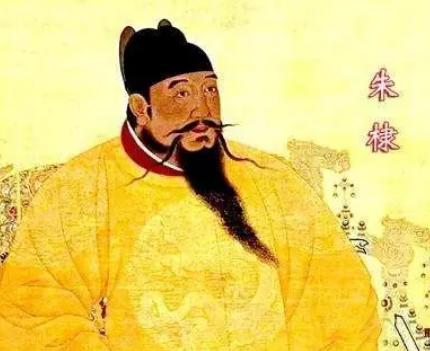In the history of the Qing Dynasty, the regent Dorgon played a pivotal role. After the death of Emperor Taiji, he became the regent and assisted the young Emperor Shunzhi. As a representative of power, where Dorgon handled government affairs became a noteworthy issue. This article will explore the locations where Dorgon dealt with government affairs and the significance of these locations in Qing Dynasty politics.

I. Locations for Dorgon's Government Affairs
As a regent, Dorgon primarily handled government affairs within the Forbidden City. The Forbidden City, as the imperial palace of the Qing Dynasty, was a symbol of power and the center of national politics. Here, Dorgon participated in many important decisions and activities, such as court meetings and sacrifices. Additionally, he discussed state affairs and handled government affairs with ministers in important palaces such as the Qianqing Palace and the Taihe Palace.
II. Political Significance of the Locations for Government Affairs
The Forbidden City was not only the venue for Dorgon's government affairs but also the core of political activities in the Qing Dynasty. In this place, Dorgon could fully demonstrate his authority and status, strengthening connections and communication with other princes and Ministers. At the same time, the architectural layout and etiquette system of the Forbidden City also reflected the hierarchical concept and the supremacy of the emperor in feudal society. Therefore, Dorgon's handling of government affairs in the Forbidden City helped maintain his status and image as a regent.
III. Conclusion
Regent Dorgon primarily dealt with government affairs within the Forbidden City. This location was not only the center of political activities in the Qing Dynasty but also an important venue for Dorgon to showcase his authority and status. By understanding the locations where Dorgon handled government affairs, we can better comprehend the characteristics and operations of the Qing Dynasty's political system. This also reflects the emphasis placed on power and hierarchy in feudal society, providing valuable insights for us to delve deeper into history.
Disclaimer: The above content is sourced from the internet and the copyright belongs to the original author. If there is any infringement of your original copyright, please inform us and we will delete the relevant content as soon as possible.































